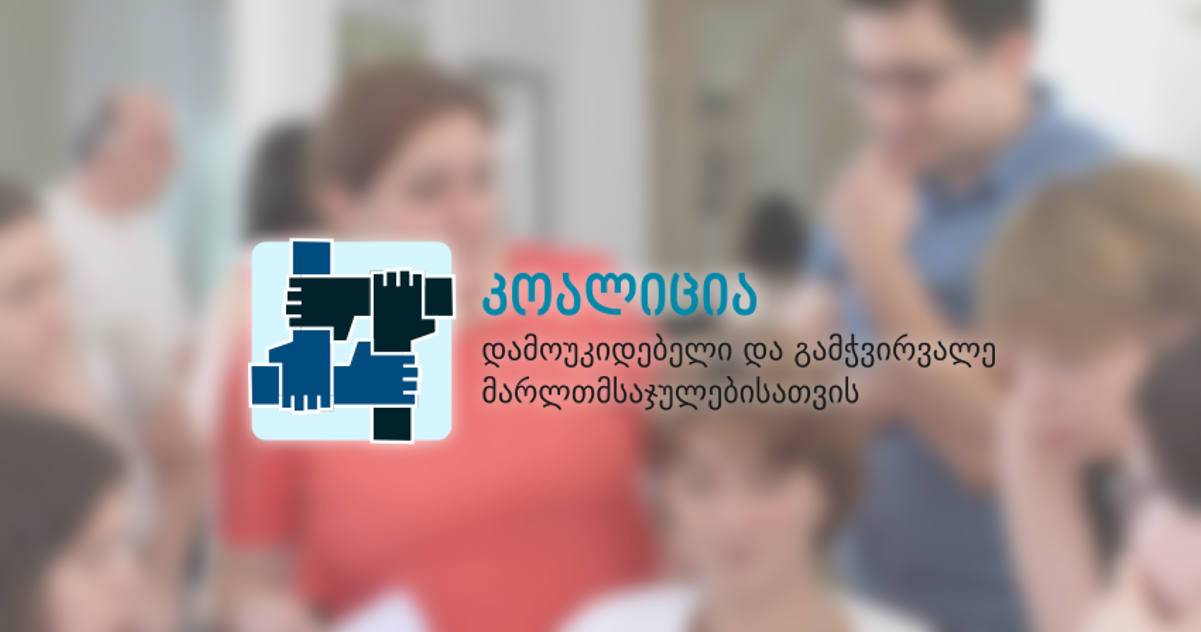საერთო ცხელი ხაზი +995 577 07 05 63


The Coalition for an Independent and Transparent Judiciary reacts to discussions concerning the authenticity of the diploma of Shalva Tadumadze, Prosecutor General of Georgia.
On October 9, Shalva Tadumadze was introduced to the Parliament Legal Committee as a judicial candidate for the Supreme Court. During the hearing, the Prosecutor General’s diploma attracted the attention of the deputies and the public.
During the hearing, the Prosecutor General provided an explanation regarding the year of his admission to the university, which was mistakenly indicated in the diploma, because this educational institution was not yet established in 1993, meaning Shalva Tadumadze could not have started his studies that year. This fact corroborates doubts that the information in the document is authentic.
Under Article 352 of the Criminal Code of Georgia, the issuance or/and purchase, as well as the use of forged official document, are punitive actions. Thus, this issue exceeds the realm of a political discussion over professional competence of a candidate and adds a legal dimension.
During the hearing, Shalva Tadumadze stated that, under the 1997 amendments to the Law on Education, he was allowed to graduate from the university in 1998, a year before the anticipated graduation date. The university reflected this information by changing the year of admission to 1993. Despite this explanation, it is still unclear why 1993 was indicated as his admission year, when at the time, the institution was not registered. Also, the university did not indicate in the diploma that the graduate took some exams without attending classes (a so called “externate program”).
It is worth mentioning, that the diplomas of several candidates raised questions, and the Legal Committee asked them to submit a document confirming compliance of their legal education with the requirements of the legislation before the voting procedure begins.
Higher legal education is a statutory requirement not only for a Supreme Court judicial nominee, but also for the Prosecutor General. The absence of such education makes a Prosecutor General unauthorized to perform his functions. This may have a legal effect on many official actions.
In addition to legal consequences, such facts may have a severely negative influence on public trust in governmental institutions. When the position of the Prosecutor General of the country is allegedly occupied by a person who does not comply with the requirements of the legislation and, furthermore, may have taken this position as a result of the use of a forged document, the reputation of the entire Prosecutor’s Office is damaged.
Thus, we believe that it is essential:
The website accessibility instruction